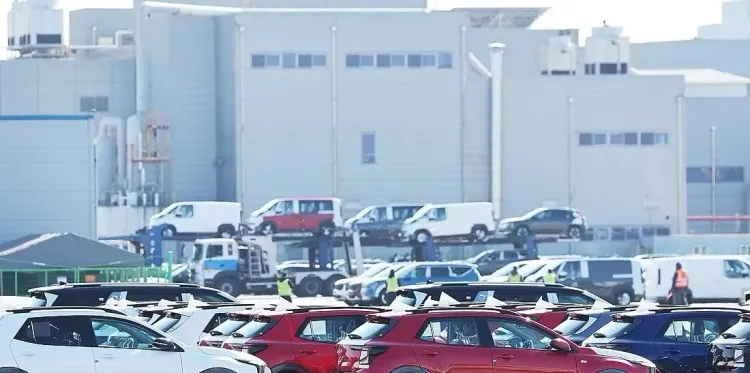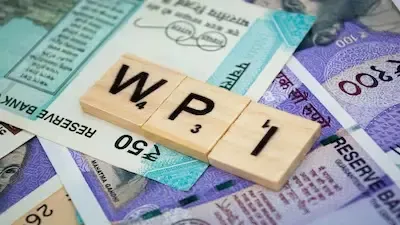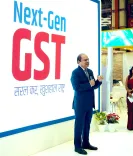How Are South Korean Industries Responding to the Seoul-Washington Joint Trade and Security Fact Sheet?

Synopsis
Key Takeaways
- U.S. to reduce tariffs on Korean cars from 25% to 15%
- Korean semiconductors to face favorable tariff rates
- Agreement supports South Korea’s nuclear submarine ambitions
- Hyundai Motor Group expresses gratitude for government efforts
- Potential retroactive tariff cuts starting from Nov. 1
Seoul, Nov 14 (NationPress) The automaking and shipbuilding sectors in South Korea expressed their approval on Friday regarding the joint fact sheet released by Seoul and Washington, which solidifies their trade and security agreements aimed at reducing import tariffs on significant products and bolstering Seoul's ambitions for a nuclear-powered submarine.
The fact sheet, published by the Presidential Office, indicates that the United States will decrease tariffs on imported Korean vehicles and auto components from 25 percent to 15 percent. Furthermore, Korean semiconductors will face tariff rates that are "no less favorable" than those imposed on competitors like Taiwan.
Moreover, the South Korean government gained U.S. consent for its initiative to manufacture nuclear-powered submarines and to reprocess spent nuclear fuel, as reported by Yonhap news agency.
This announcement followed more than two weeks after Korean President Lee Jae Myung and U.S. President Donald Trump reached a consensus during a bilateral summit at the Asia-Pacific Economic Cooperation (APEC) forum held in Gyeongju, South Korea on Oct. 29.
Post-announcement, Hyundai Motor Group issued a supportive statement regarding the fact sheet's release.
"Hyundai Motor Group extends its gratitude to the Korean government for its relentless efforts to safeguard national interests throughout the tough negotiation process that led to the tariff agreement, the joint fact sheet release, and the signing of the investment fund memorandum of understanding (MOU)," stated the automotive giant.
The company further mentioned its commitment to adopting various strategies to lessen the impact of tariffs while enhancing its core strengths through improved product quality, brand competitiveness, and technological advancement.
Previously, Hyundai Motor Group Executive Chair Euisun Chung expressed appreciation to President Lee for the Korea-U.S. trade agreement during their meeting at the APEC forum last month.
Although not explicitly mentioned in the fact sheet, both nations have agreed that the tariff reductions for automobiles and auto parts will be retroactively effective from the first day of the month in which the necessary legislation for the investment fund MOU is presented to the National Assembly.
If the bill is introduced this month, the tariff reductions could be applied retroactively from Nov. 1.
Korean automakers will need to adjust their production and supply chains to mitigate the effects of the 15 percent tariffs after enjoying over a decade of tariff-free exports under the Korea–U.S. Free Trade Agreement (KORUS) prior to Trump imposing a series of specific tariffs.
"The completion of the fact sheet is a significant relief and a fortunate occurrence for the industry," remarked Kang Nam-hoon, president of the Korea Automobile and Mobility Association.
"Automakers will have to expand their U.S. production systems in response to the rise of tariffs from zero to 15 percent, which may pose challenges to the Korean automotive ecosystem," he noted, urging for government incentives to promote domestic production.
The shipbuilding industry, recognized as a symbol of Korea–U.S. industrial collaboration through the Seoul-proposed "Make American Shipbuilding Great Again" (MASGA) initiative, also expressed approval of the enhanced cooperation outlined in the fact sheet.
"We appreciate the finalization of the fact sheet concerning Korea–U.S. trade and security agreements," stated Hanwha Group, which oversees Hanwha Ocean Co. and Hanwha Philly Shipyard Inc.









